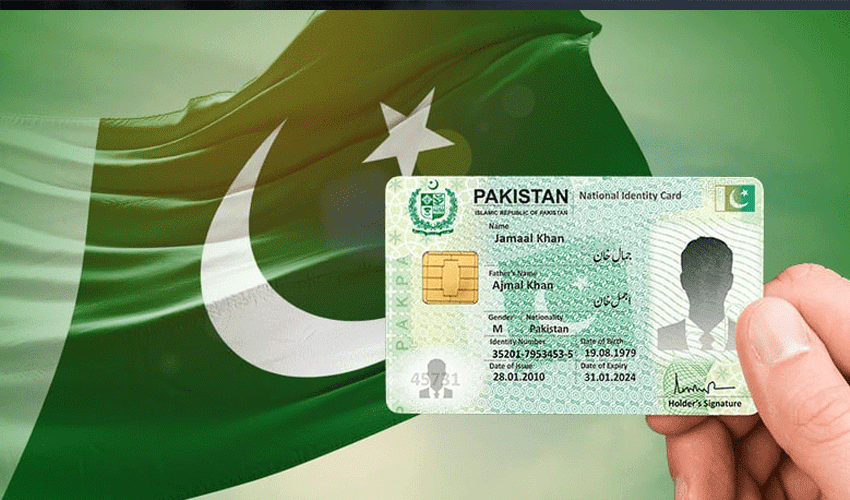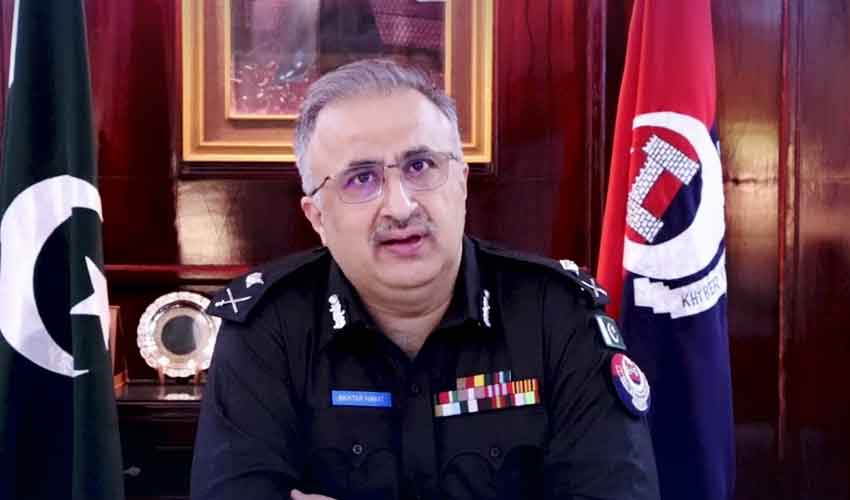As we step into the pharmacy – often after surviving a long, exhausting wait at our physician’s clinic – feeling tired and clutching our prescription like a golden ticket, we are already dreaming of getting back home as soon as possible. But that bubble bursts quickly when we walk into the pharmacy, greeted by yet another long queue.
To make things worse, the person behind the counter isn’t as fast as we’d like them to be – completely immersed in the prescription in front of them, asking seemingly unnecessary questions, picking up the phone now and then to call the physician. Just when it seems like they’re finally done, they sit down and start explaining the medications to the patient, despite the death stares they’re receiving from others for “wasting” even more time.
In that exact moment, as our impatience boils and we feel enraged by their slow pace and perceived unprofessionalism, we might wonder why they can’t just hand over the medications quickly and be done with it.
But has it ever occurred to you what exactly happens on the other side of the counter?
As we celebrate the 74th World Pharmacist Day on 25th September, it’s time to shine a spotlight on these unsung heroes of healthcare. The theme for this year’s World Pharmacist Day is "Pharmacists: Meeting Global Health Needs.” Pharmacists play an irreplaceable role in addressing global health needs by ensuring the safe and effective use of medications, improving access to healthcare, and supporting public health initiatives.
When pharmacists took their oath, they embarked on a never-ending roller coaster—juggling countless tasks, staying on their toes for most of their shifts, often sleep-deprived and racing against time. Despite pushing beyond their human limits, they do it all because they care. When they took their oath, they committed to always putting patient safety first.
Here are some key ways pharmacists contribute to global health:
- Medication access and management:
Pharmacists work to ensure that essential medications are available, especially in rural areas or public sector hospitals. They educate patients on proper medication usage, reducing medication errors, and preventing adverse drug reactions. They also play an important role in vaccination and immunization.
- Chronic Disease management:
Pharmacists help manage chronic diseases like diabetes, hypertension, and asthma by monitoring patient adherence to treatment plans and offering counselling on lifestyle changes. They also optimize therapeutic outcomes for patients with complex medication regimens, reducing hospitalizations and improving quality of life.
- Antimicrobial stewardship:
Pharmacists play a critical role in ensuring the appropriate use of antibiotics, educating patients on the dangers of misuse, and implementing stewardship programs to prevent the spread of resistant infections.
- Public health and education:
Pharmacists are often the first point of contact in the healthcare system. They provide health education, promote preventive measures, and raise awareness about important health issues like nutrition and smoking cessation.
- Pharmaceutical research and development:
Pharmacists are involved in research and the development of new treatments for emerging diseases, improving global access to innovative therapies. They participate in clinical trials to test the efficacy and safety of new medications and are involved in global health partnerships to improve healthcare outcomes in developing countries.
By engaging in these areas, pharmacists help reduce health disparities, support healthcare systems, and improve overall public health outcomes globally.
So, here’s to every single pharmacist in Pakistan and beyond, whose unwavering efforts and commitment keep healthcare on track. We see you, and we celebrate you—every single one of you. Let’s continue making the world a safer, healthier place, one patient at a time.
About the author: Quratulain Amir Butt is a Clinical Pharmacist at Aga Khan University Hospital, where she is dedicated to improving patient care and addressing global health challenges through effective medication management.



























